The Trillion Dollar Market Opportunities at the Bottom of the Pyramid
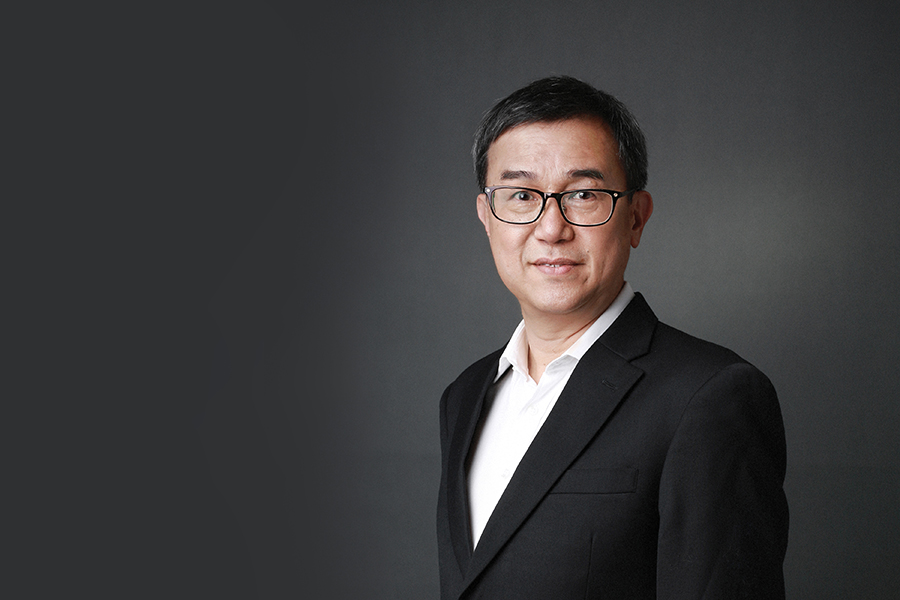
I have moved from the Third World to the First World in my life. I was privileged to be poor before I became rich, to understand what it feels like to live in poverty without needing to read a book. I failed all my subjects at school, but the teachers never tested me on the things in which I excel today — entrepreneurship, humanity, and compassion.
I went on to create 16 businesses, including the Australian International School, despite knowing nothing about how to run a school. I didn’t need to know how schools worked — just that there was a need for such a school. I hired an Australian headmaster, grew attendance to 3,500 students, raised the capital for a half mile-long campus and sold it for $105 million. After that I built the largest roof tile factory in Malaysia, despite knowing nothing about roof tiles. I can always hire those that know how, and spotting the demand is good enough for me. I retired from business at age 40 because I realized that when you don’t have money, you need to exchange your time to get it. But when you’ve earned enough money to cover your basic living expenses, then time becomes more valuable than money. No entrepreneur should exchange something of higher value for something that’s worth less. If I sell time to buy money, then I’m in a loss-making business.
By all means, work hard to create enough money to have a comfortable life, but then end your relationship with money as you know it and focus on a higher purpose. Instead, look for social problems in the world and try and solve them. So many people spend their entire lives focused on making even more money. It’s doubtful you’ll ask someone to check your bank balance on your last day on Earth. I have a countdown clock on my mobile device that is set to expire on my 80th birthday — a rough estimate of how long I think I will live. At 40-years-old I had 14,600 days to live. Today I have less than 5,700 days left — that’s less than 1,000 weeks. Life is so precious, and once you’ve benchmarked yourself against the days you have left on this planet you’ll think more carefully about how you use your time.
When I was 40, there was a recession and I lost half of my money. I counted the remaining half and was amazed to find that it was enough. At that time my hair turned from black to white and the stress of dealing with employees, suppliers and auditors during a recession got to me.
What’s the best way to feel better when you have a problem? Find someone with a bigger problem, of course. But instead of doing this to feel better about myself, I turned this exercise into social impact — I wanted to help solve the problems of others. If you only focus on yourself you risk becoming a miserable person. Helping others made me feel happy and healthier, so that’s what I did.
My country Singapore also grew from the Third World to the First World. It’s now the fourth richest country in the world per capita, because our finance minister refused foreign aid. If we had acted weak and defenseless, we would have entered into a poverty mindset. Instead, we invited foreigners to invest in our country, which gave our people new skills and the lessons they needed for success. Over time, we moved out the initial lower value industries and replaced them with higher value ones. By the same token, charities cannot get people out of poverty. Only market-based solutions can. Charity should be used exclusively in emergency situations where you don’t have time to save lives without a quick intervention.
We have a chronic situation today where 4 billion people are earning less than $8 a day. Charity could never solve a problem this big, only market-based forces can. After I founded the World Toilet Organization and learned how to establish a world body without using a lot of funds — I only employ two people — I established a world trade center for the poor here in Singapore to focus on opportunities at the base of the pyramid and to solve all the problems in the world through business. Solutions already exist for energy, nutrition, housing, healthcare and sanitation. The problem is that nobody is taking these solutions from others and scaling them. My new job is not to reinvent the wheel but to bring everyone’s knowledge together and share it. Many entrepreneurs don’t realize they can make more money by adopting this approach. If I can show business leaders there is more money to be made through social impact collaboration, then things will begin to change. Unlocking the power of group purchasing will result in cheaper, faster and easier transactions and boost growth faster than if you went it alone. People are intuitively unwilling to share, but if the rewards are greater they will reconsider.
Customize your business ask depending on who you talk to. A politician is looking to get re-elected, companies seek increased revenue, academics seek exposure for their ideas. Build a network of people and companies that will add value to your business and create a network of shared value. A real leader will coordinate resources between unrelated organizations, deliver on each, and make them think they did it themselves. n
Globally known as Mr Toilet (He created UN World Toilet Day) Jack is a serial entrepreneur. He created 16 “traditional” businesses, and then turned serial social entrepreneur and created eight social impact businesses. He retired at age 40 to devote himself full-time to changing the world for the better. He has built a “World Trade Center” for the poor in Singapore, that aims to unlock the economic potential of billions of people worldwide.

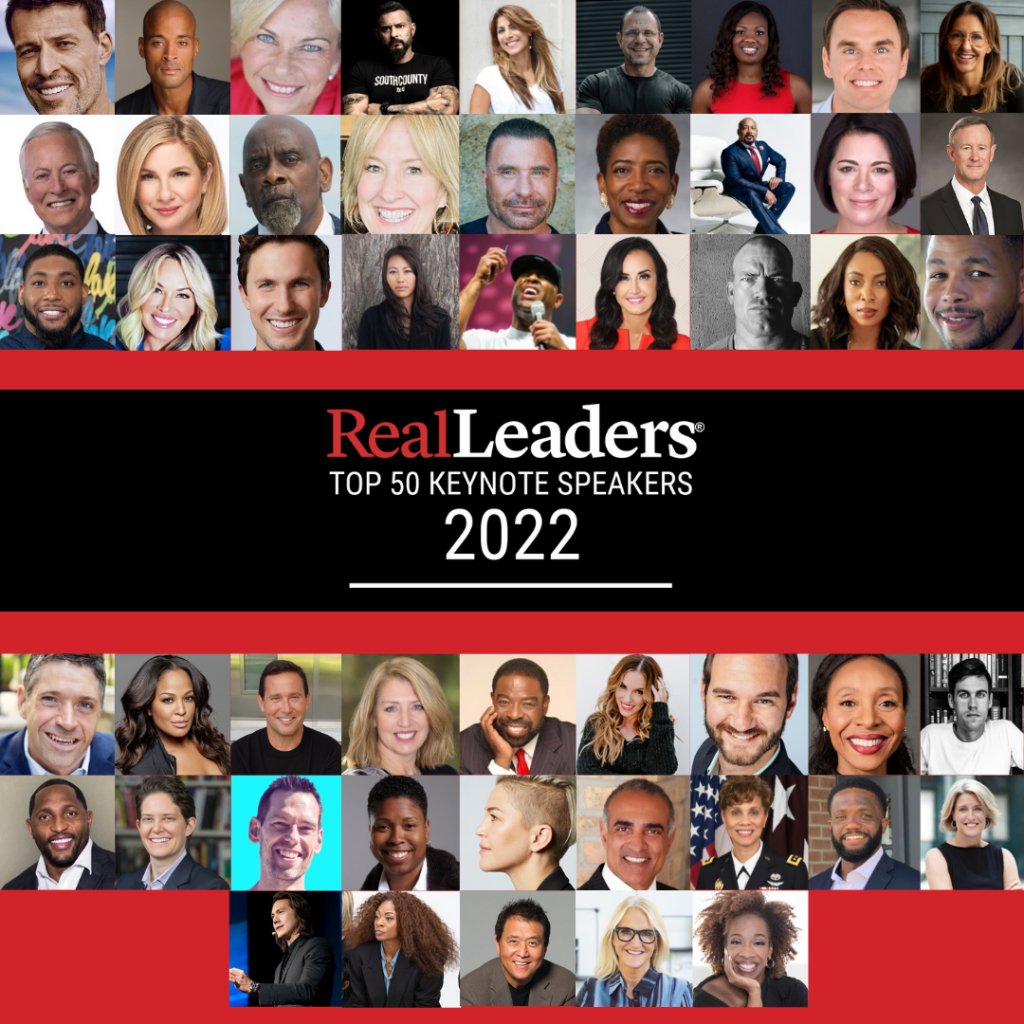
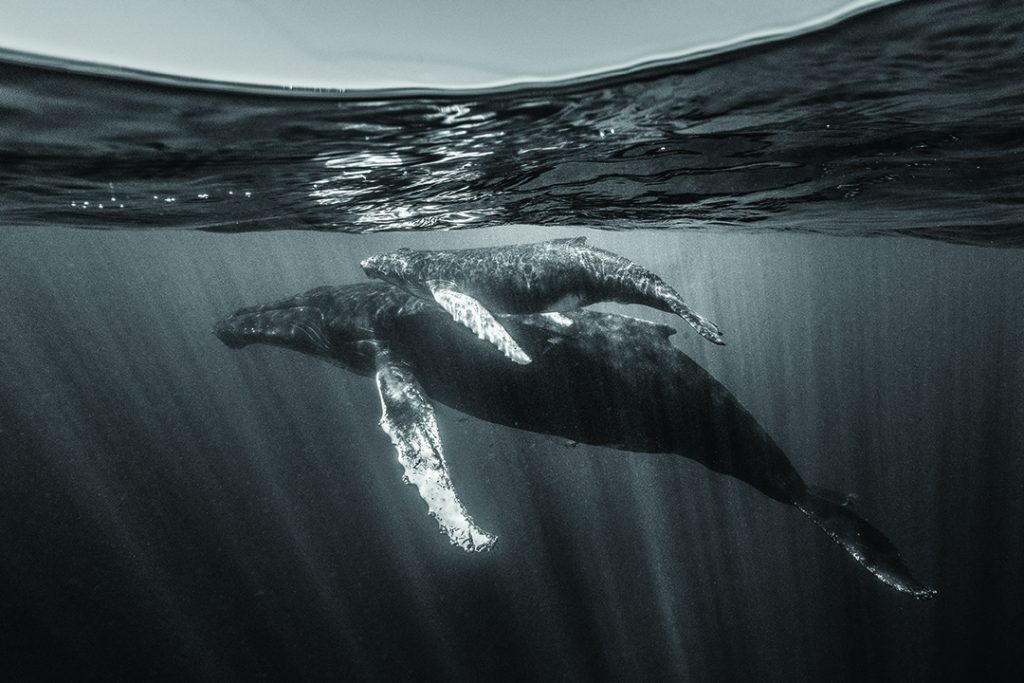
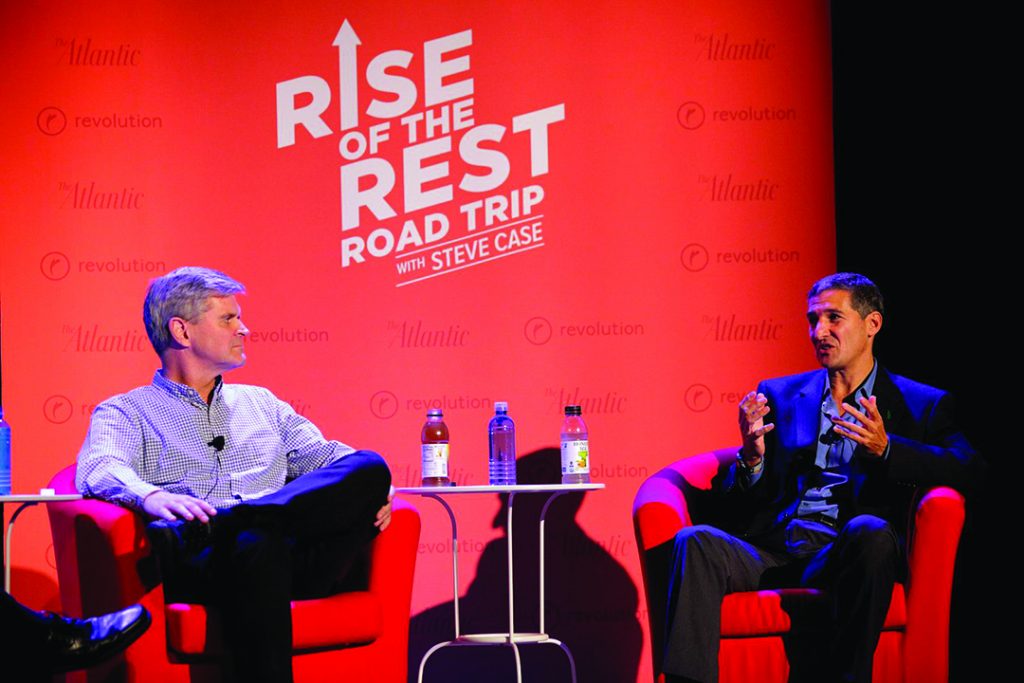
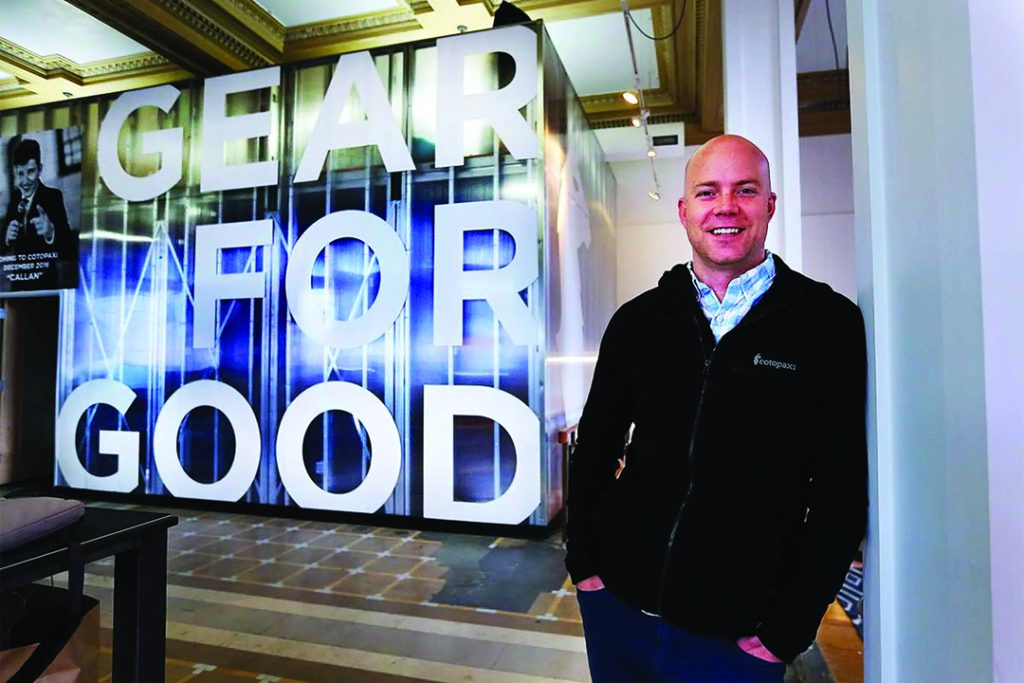
Responses